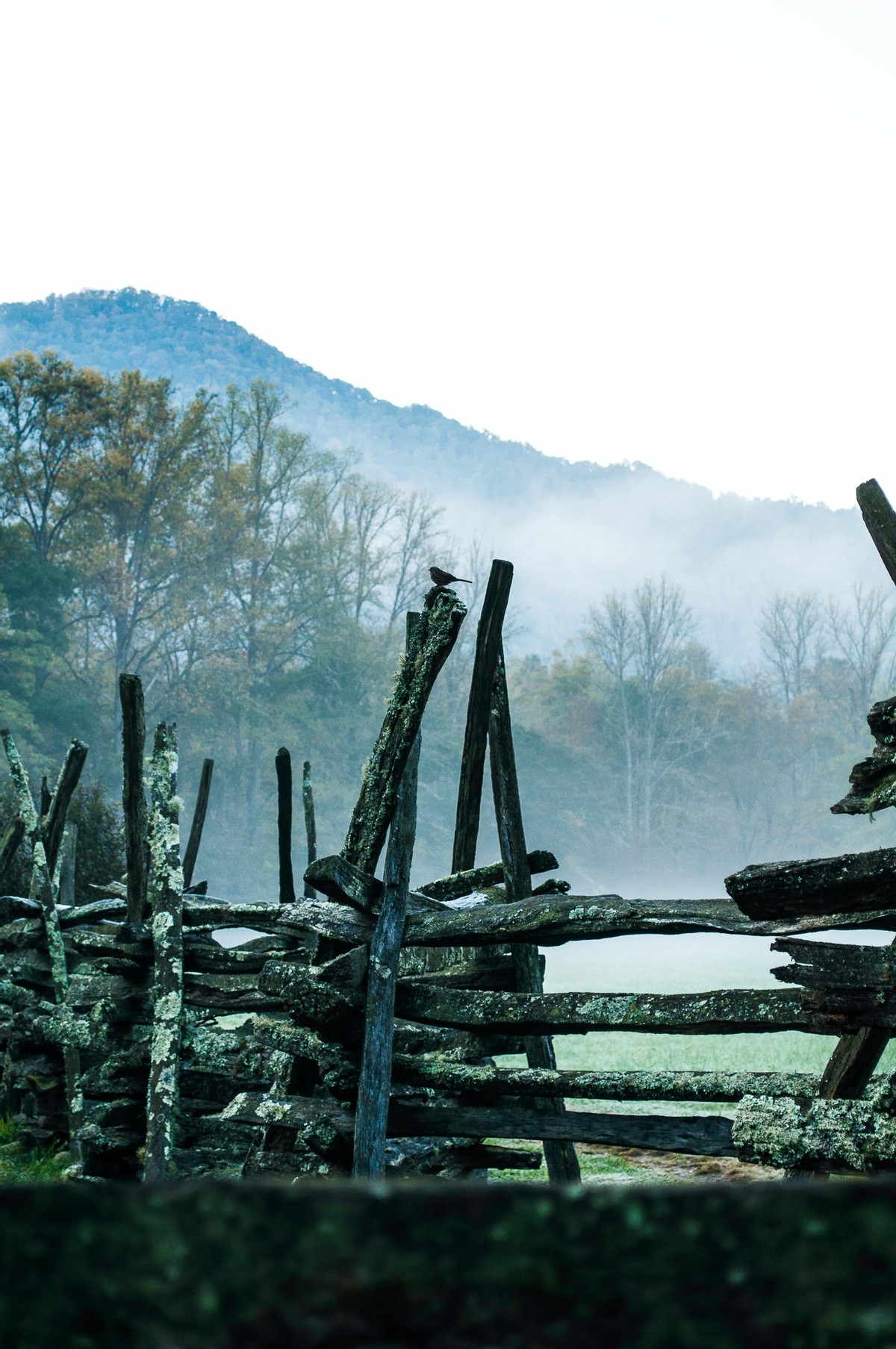
Osiyo! That's how you say 'hello' in Cherokee/Tsalagi. I see a challenge here, right off, because Cherokee is a syllabary, like Mandarin. I'll have to figure out how to get my Cherokee keyboard to work on websites, if I want to add the proper syllabary in, too.
My Cherokee learning journey began last July (2020). As of today, I've completed Cherokee 1 & 2; Cherokee 3 doesn't start until the end of March because the government gave them all three months off with pay, since most are elderly.
That said, can I speak it without looking it up? Very little. And it's not because I don't have any other learners to interact with here. We have a community webinar every Friday for an hour, with separate assignments during the week (different from the official online course out of Talequah).
I am syllabary deficient. I had to spend three times the amount of time on the IPA during my linguistics course for my TESOL degree, than the other students. I'm a visual learner, and I need to see all the letters to pronounce it distinctly, having had enunciation drilled into my head by my Cherokee grandma.
I'll probably make some Cherokee language posts, written out like I did with 'hello' . . . which is three syllabary characters when properly written, by the way. /s/ is always it's own separate thing. /v/ makes the 'uh' sound, like from your gut. (Conversely, in Mvskoke---the language of my father's people---the /v/ makes a long /a/ sound usually but can sometimes make the /u/ sound; there is no rhyme and reason to that, it's just that sometimes you can't get an authentic long /a/ sound next to, or after, some consonants.)
Why am I going to do this, when Cherokee isn't listed on here, and there may not be anyone else learning it here? It's good practice for me, for starters, just to write in out in another location than my notebooks. It should give me an extra 15 minutes per day thinking in Cherokee, which may not be much, but Rome wasn't built in a day. . . and anyone else learning a language that is considered endangered might be interested in hearing my experiences, even if they aren't learning it.
There is no word for 'goodbye,' in any Native American languages, as far as I'm aware. It's always "see you again/next time," which is what auf Wiedersehen means in German, too.
Donadagohvi (doe-nah-dah-go-huh-ee)--see you next time,
Diana
I think it is great that you learn the language of your ancestors. Every language contains such a culture richness... Maybe this is a silly question, but are there any other Native American languages, were they able to communicate with each other?
Osiyo, @Montse! Tohitsu? (How are you?) Osda? (Good?)
Yes, 80% of a culture is in the language. For example: in German, in the Creation Story, God didn't create men and women, he created husband and wife. That's a whole different concept!
Some Native American languages are similar. There is an Iroquoian language pool, an Athabaskin one (I think I misspelled that!), etc.
I'm all Southeast Woodland tribes, for my heritage. Cherokee has some grammatical similarities to Mvskoke, and you've got some rare sort-of-the-same words: like wado (thank you in Cherokee) and mvto (pronounced 'mah-toe,' thank you in Mvskoke).
Overall, though, there are dialects within the language groups, that can be understood, although pronunciation can cause a bit of confusion. For example, the Muscogee-Creek tend to mumble and pronounce 'mvto' as 'muh-doe,' while it's the Seminole that enunciate it (so it's pronounced 'mah-toe.'
The Seminole, Muscogee-Creek, and Alabama Cushata speak a Muscogean language, with their own dialect differences. I believe the Choctaw are slightly related, linguistically, but they have a syllabary like the Cherokee, rather than the individual letters (as the Seminole and Creek do).
Does that make sense? And here in the Pacific Northwest, all the Coastal Salish Nations speak a dialect of Lushootseed. They aren't mutually intelligible, necessarily. Someone from BC isn't going to be able to understand a Nisqually, fully. Back in the day, they developed a trade language, Chinook, for Northern California all the way up into Alaskan. Some are trying to bring that back, some are working to meld all the Lushootseed dialects into something like High German---which I think is sad, frankly, because the individual tribal cultures will invariably loose something of themselves in doing that, even if it's minor.
My best friend is Navajo/Diné. I can ask her if their language has any similarities to their neighbors: Hopi, etc. I know there isn't one Apache language, and it's not easy to find someone who can speak or teach the Mescalero Apache language. My friend, Estelita, speaks it as her L1 (mother tongue); I can ask her.
Finally, there is also Indian Sign Language that was used for nations who were linguistically too far away from each other. I think it's still up on YouTube . . . there's a great video of John Denver doing the Lord's Prayer in Indian Sign Language, that one of the Colorado tribes taught him. There is an out-of-print book on it, too, but I don't remember the exact title. (Check eBay, AbeBooks, or Amazon if you're interested; it's fairly simple and easily understood.)
Please do let me know if you have any other questions!
I'm not even going to try to correct the typos above, so I hope they aren't too distracting. As a teacher, normally I'm a stickler for that, but it's lunch time and I'm starving.